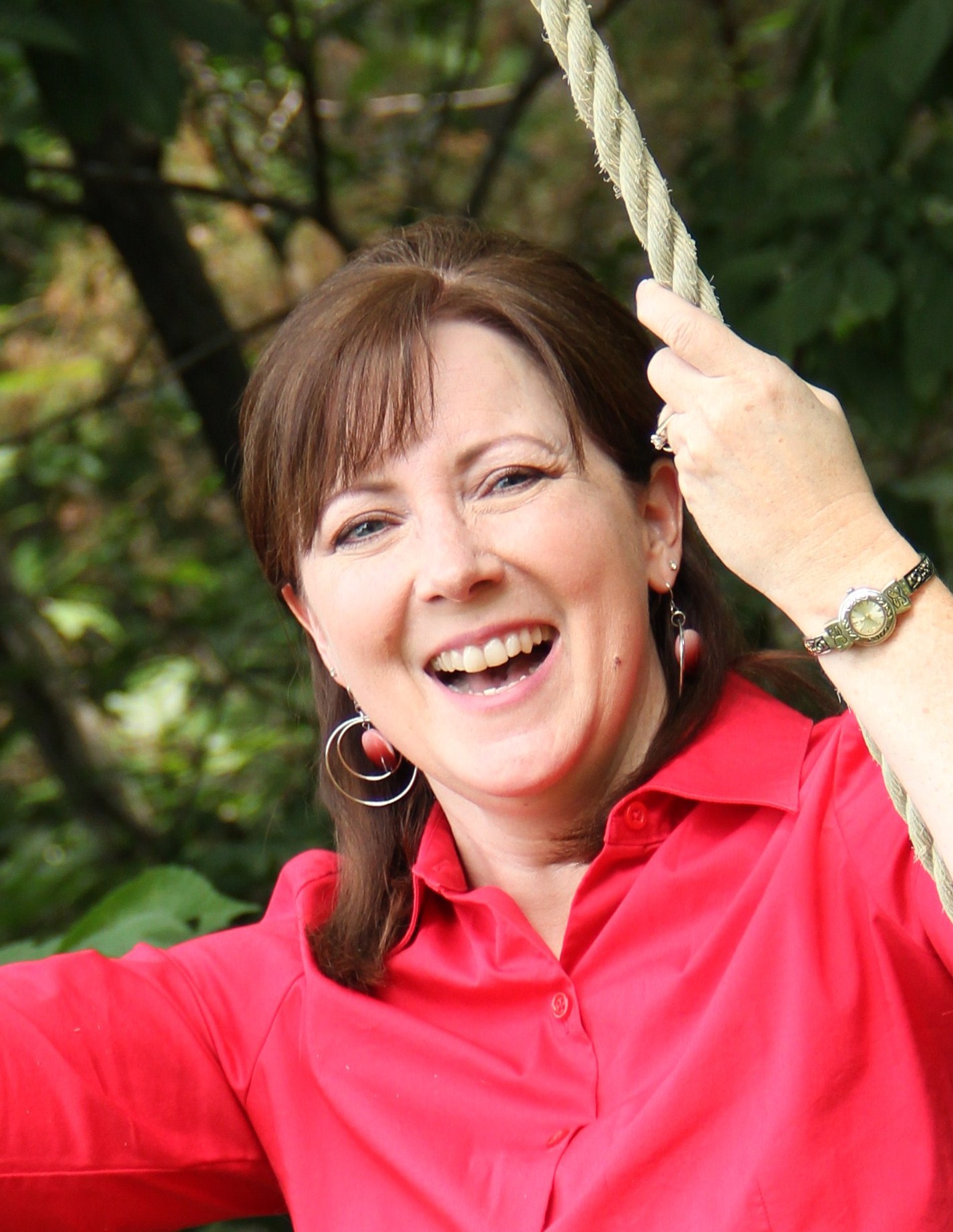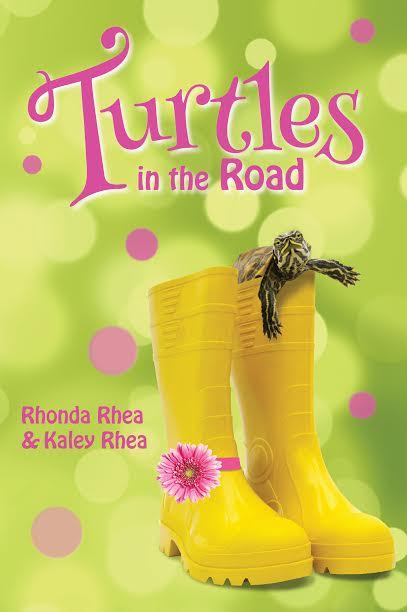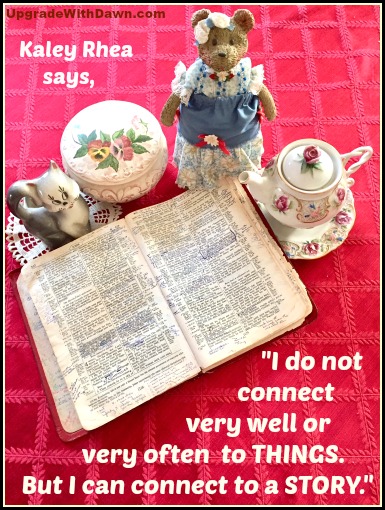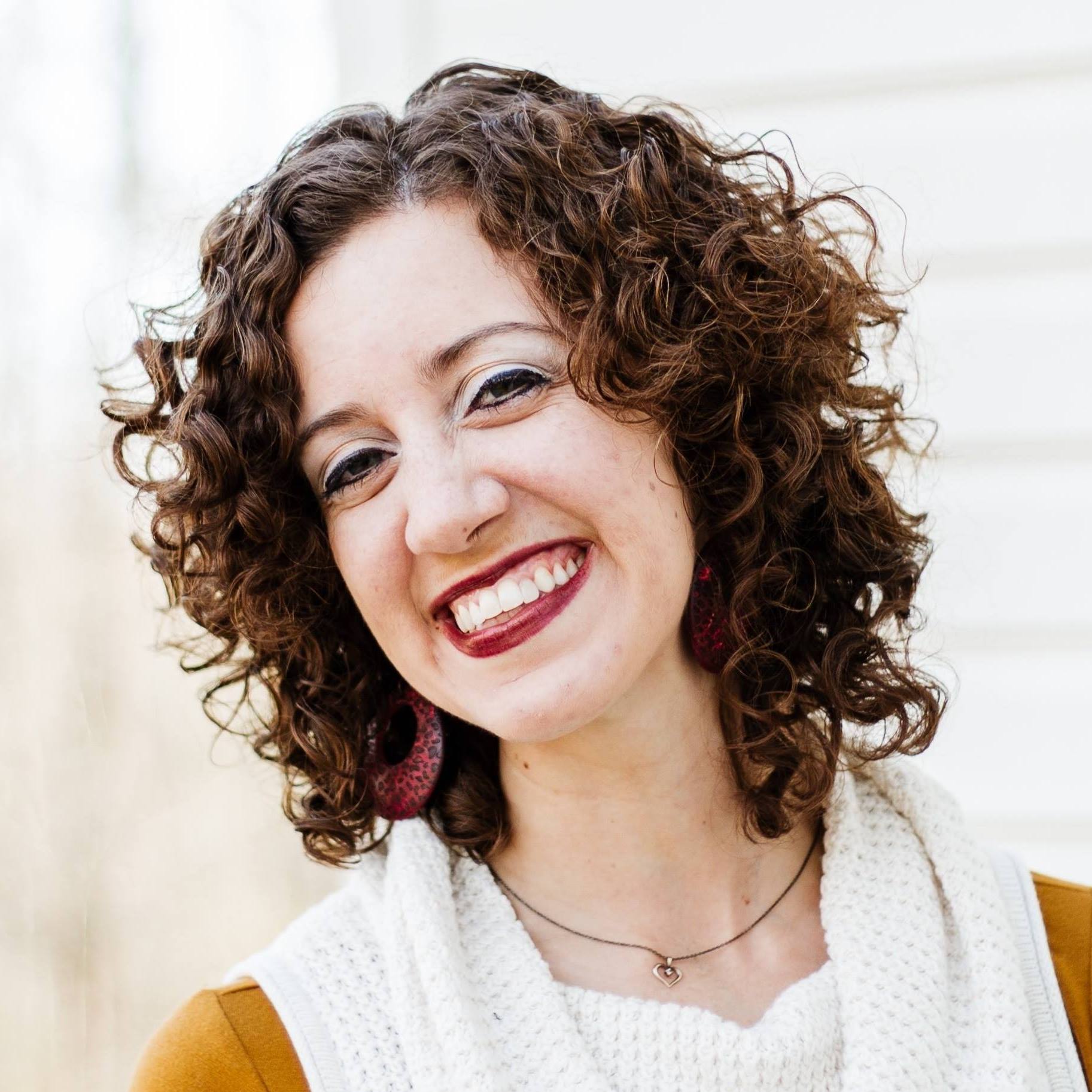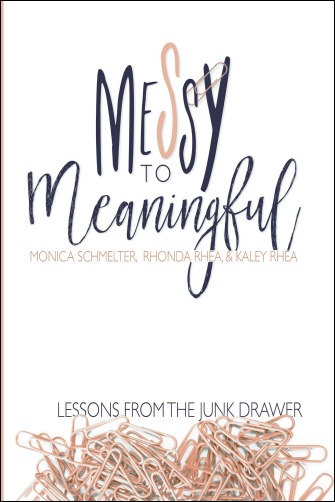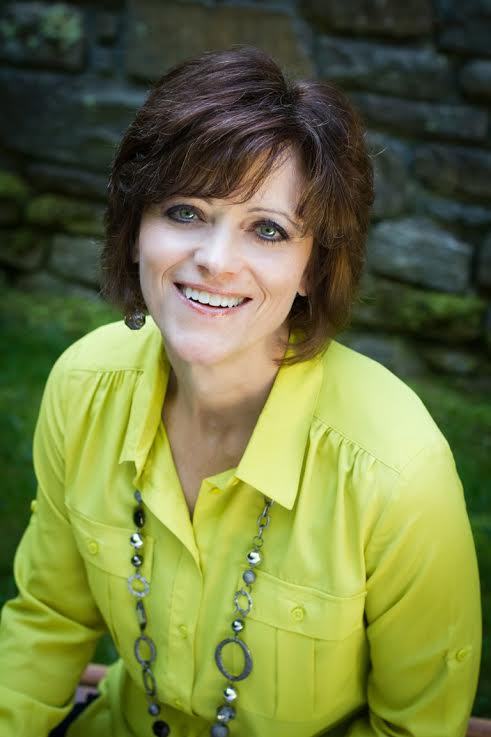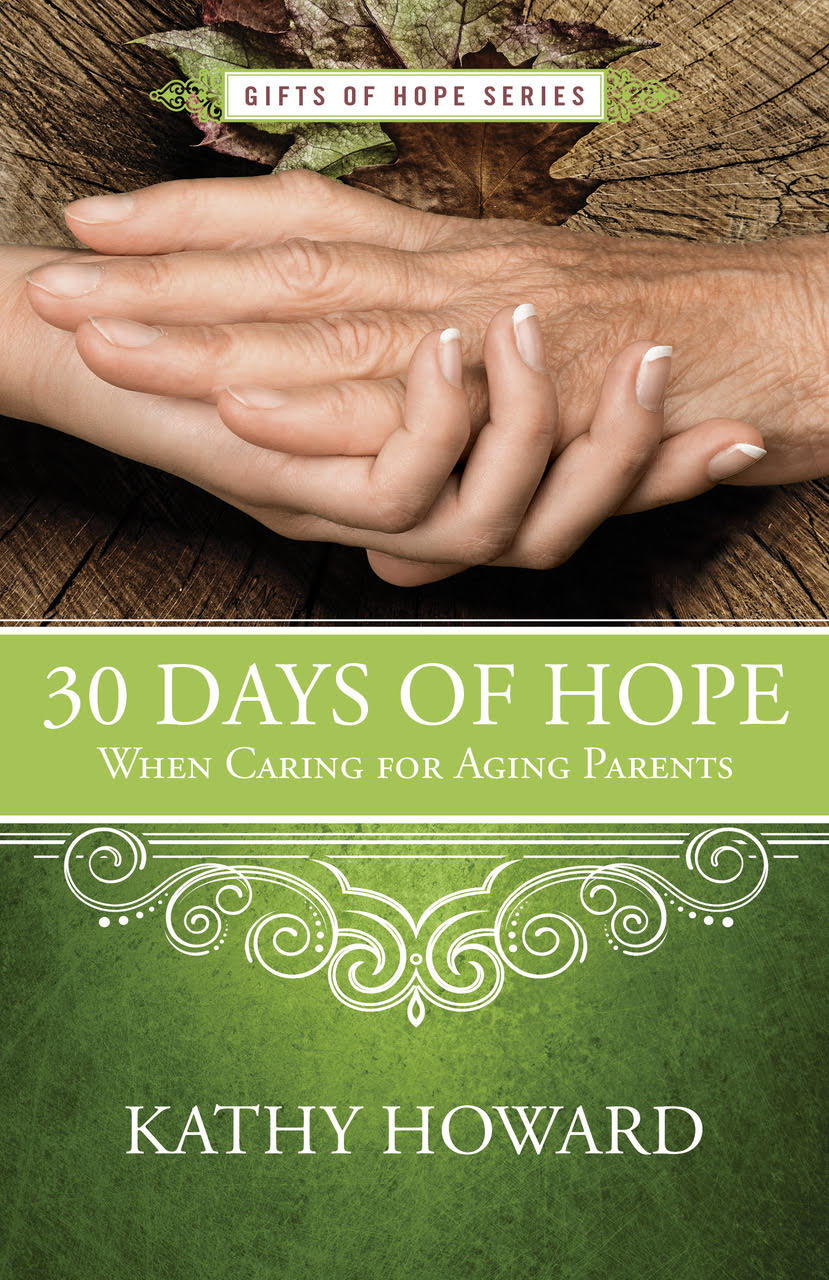In this Spiritual Growth UPGRADE, Dawn Wilson reminds us to guard our "heart"—the center of our spiritual life.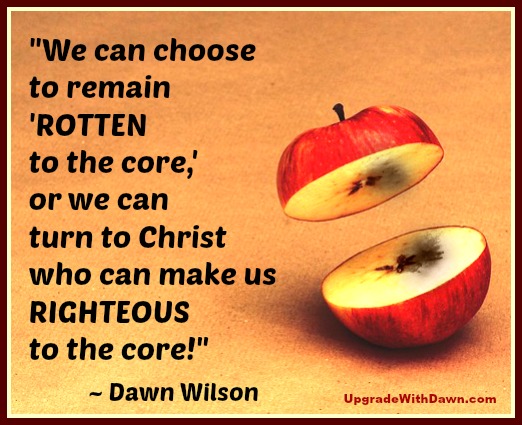
"Maybe," Dawn says, "I was trying to be cute in Sunday school—I don't know—but the Lord sure zeroed in on my 'clever' quip."
My Sunday school teacher, Dr. Dirk Van Proyen—who is also a deep and godly seminary professor—began class with an illustration before expounding on Matthew 15:1-9 and related scriptures about how Jesus dealt with some self-righteous Pharisees.
He held up two apples. They both looked solid and inviting on the outside. But then he described how some apples become rotten from the core out. The rottenness is only discovered after we bite into the apple!
He then explained how the Pharisees stalked Jesus and tried to trap Him with a question about His disciples supposedly not following the Pharisees' "traditions."
But Jesus didn't fall for their distortion of truth. He pointed out the Pharisees' hypocrisy.
They were "rotten," Dr. Van Proyen said, "to the core!"
My teacher made his summary statement about what we could learn from the day's lesson, and class was officially over. As usual, a well-taught class challenging us to seek God and live according to the truth of scripture.
But then I raised my hand. I just had to say it.
"In other words, we need to be RIGHTEOUS to the core," I said.
Ordinarily, such a display of "brilliance" would have earned me one of the professor's coveted whiteboard stars. The class was obviously impressed.
But since it was the end of class, my husband simply leaned over to me and said, "That would normally have gotten you a star."
I smugly thought, "Yeah, I WAS pretty clever with that one, wasn't I? Bet NO ONE ELSE thought of that."
Nearly strangled myself patting myself on the back.
Then I got home and the Lord hit me squarely in my pride.
"Daughter, you need to be sure that you really ARE 'righteous to the core.'"
And I knew exactly what God meant.
Don't get me wrong. There's nothing wrong with being clever and wise. But it's wrong to gloat, to think we're "one up" on anyone else. We're to let others praise us, the Bible says, and not praise ourselves—we're only to boast of the Lord (Proverbs 27:2; Jeremiah 9:23-24).
I argued with the Lord a bit. After all, I did let someone else praise me—my husband!
Again, the Lord nudged my heart.
Check your humility, Dawn. Check your heart.
The funny thing is, Dr. Van Proyen spoke about the heart too. I heard it, but I missed it.
I got so caught up in the academics of the lesson, I missed the personal application.
So the Lord had me revisit the lesson. And I saw it clearly. Jesus had a lot to say about the heart.
1. We can be outwardly clean, but in our hearts we can still be rotten to the core.
That was the whole point of Jesus' conversation with those who tried to entrap Him.
The Pharisees delighted in strutting around, boasting about their knowledge. With high-sounding criticism, they laid the heavy burden of man-made rules on people instead of teaching them the simplicity and wisdom of the Word of God.
But Jesus saw their hearts.
We can fool others, but God will always see our core.
Sometimes we get so caught up in our delusion about our own spiritual health, we can even fool ourselves!
The heart really is deceitful, isn't it? (Jeremiah 17:9)
2. We can worship God all we want, but if our hearts are "far from Him," our worship is empty.
As I sat reflecting on Sunday afternoon, I wondered how many times I've attended a "worship service," but—even as a believer—my heart was more Pharisaical than Christlike.
We can go through the motions and do all the "right" things—and still not be righteous.
As I read these words, tears came: "This people honors me with their lips, but their heart is far from me; in vain do they worship me...."
Jesus, refering to Isaiah's prophecy, said the judgmental, burden-laying, hypocritical person's worship is "vain" or worthless (Matthew 15:7-9; Isaiah 29:13). It's empty. Fake. A farce.
Oh, dear Lord. Have mercy.
3. We can choose to remain "rotten to the core," or we can turn to Christ who can make us righteous to the core!
Paul wrote,
"God made him (Jesus) who had no sin to be sin for us, so that in him we might become the righteousness of God" (2 Corinthians 5:21 NIV).
The word "righteous" refers to a person who is morally right or virtuous. The unrighteous, Paul said, will not inherit the kingdom of God (1 Corinthians 6:9a); but—wonderful truth—Christ has become every Christian's righteousness, sanctification (holiness), and redemption (1 Corinthians 1:30).
In His encounter with Israel's elite, Jesus said our righteousness must "exceed" that of the Pharisees (Matthew 5:20). We can't, like the Pharisees, try to earn our way into the kingdom through our own self-righteousness. We must instead trust in the righteousness of Christ on our behalf (which is positional righteousness).
Our good works (or practical righteousness) must only come AFTER salvation, because all of our own righteousness (before Christ) is like smelly, filthy rags (Isaiah 64:6).
And, scripture teaches, any good works done with the wrong motivation stink too! (Proverbs 16:2; Romans 8:8; Philippians 1:17; Proverbs 21:27; 1 Thessalonians 2:4)
That's too easy to forget.
We forget we have NO righteousness apart from Christ.
Yes, this side of heaven we will always face the presence of sin; but without God's merciful, regenerating and transforming work in us daily, we cannot conquer sin or live out righteousness. We cannot bear good fruit (John 15:4-6). When we are born of God, our heart changes and we no longer desire to "go on sinning" (1 John 3:9), but there is still a war within and deliverance only comes from our victory in Christ and through the enabling power of the Holy Spirit (Romans 7:14-25; 8:1-13).
That is why . . .
4. We must learn to learn to walk in the Spirit if we want to live out practical righteousness.
I was a Christian for many years before I understood what that meant. I thought walking in the Spirit was only related to occasional supernatural expressions of the Spirit, as in the days of the early Church. But walking in the Spirit is meant to be our daily practice!
To walk in the Spirit, we must daily—and throughout our day:
- acknowledge our utter helplessness to do anything good apart from the Holy Spirit's control and enablement (Romans 7:18);
- confess sin and ask God to work—to clean and renew our heart and empower us to live righteously (Psalm 51:10);
- die to sin's influence and be alert to the Holy Spirit—trusting Him to equip and enable us to "keep in step" with Him (Romans 6:11, 14; Galatians 5:6, 25);
- act righteously—or practice making right choices in accordance with who we are now in Christ (Romans 12:1-2; Galatians 2:20; Colossians 1:10; Ephesians 2:10);
- and express gratitude to the Lord for any wisdom, strength, power and influence we have—and any right choices we make—because He alone is our righteousness, He alone is our victory, and He alone deserves all glory! (1 Corinthians 15:57)
I "got the message" that day, and I truly want to be righteous to the core. Don't you?
How is your heart today? How is your worship? Are you walking in the Spirit, abiding in Christ?
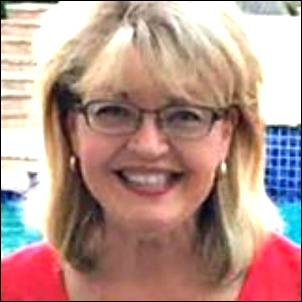 Dawn Wilson, founder and President of Heart Choices Today, is a speaker and author, and the creator of the blog, Upgrade with Dawn. She is a contracted researcher/reviewer for Revive Our Hearts and a writer at Crosswalk.com. She and her husband Bob live in Southern California and have two grown, married sons, three granddaughters and a rascally maltipoo, Roscoe.
Dawn Wilson, founder and President of Heart Choices Today, is a speaker and author, and the creator of the blog, Upgrade with Dawn. She is a contracted researcher/reviewer for Revive Our Hearts and a writer at Crosswalk.com. She and her husband Bob live in Southern California and have two grown, married sons, three granddaughters and a rascally maltipoo, Roscoe.
Graphic adapted, courtesy of Marlene_Charlotte at Pixabay.

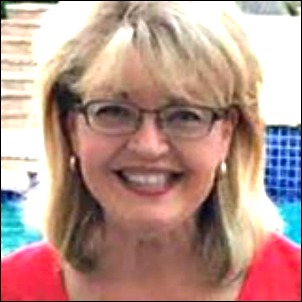 creator the blog, Upgrade with Dawn. She is a contracted researcher/reviewer for Revive Our Heartsand a writer at Crosswalk.com. She and her husband Bob live in Southern California and have two grown, married sons, three granddaughters and a rascally maltipoo, Roscoe.
creator the blog, Upgrade with Dawn. She is a contracted researcher/reviewer for Revive Our Heartsand a writer at Crosswalk.com. She and her husband Bob live in Southern California and have two grown, married sons, three granddaughters and a rascally maltipoo, Roscoe. Post a Comment → Posted on
Post a Comment → Posted on  Tuesday, July 3, 2018 at 10:01AM
Tuesday, July 3, 2018 at 10:01AM  America,
America,  Dawn Wilson,
Dawn Wilson,  Depend on God,
Depend on God,  Independence Day,
Independence Day,  July 4th,
July 4th,  Psalm 127:1,
Psalm 127:1,  Strength of a Nation,
Strength of a Nation,  Upgrade with Dawn Upgrade Your Life
Upgrade with Dawn Upgrade Your Life  Independence Day,
Independence Day,  July 4th,
July 4th,  Patriotism,
Patriotism,  Relationship with God
Relationship with God 





